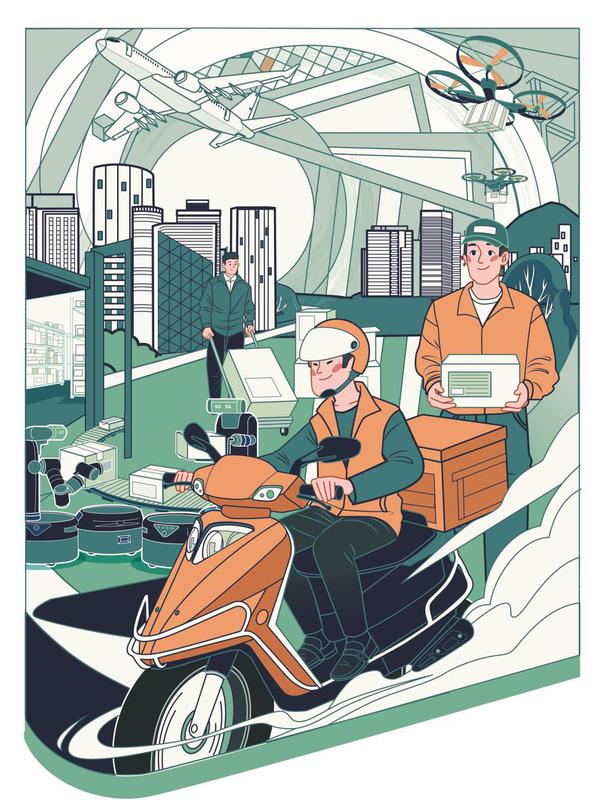
(SHI YU/CHINA DAILY)
Born and raised in Ganjiang, a rural village in Northwest China's Gansu province, Xie Ruiling first encountered online shopping around 2010, when she and her husband were employed as migrant workers in Tianjin, a bustling northern city.
"In Tianjin, everyone around me was buying everything online, so I decided to give it a try. I ordered some skin care products," Xie recalled. "After I completed the payment, the products arrived at my doorstep in about four days."
The experience was eye-opening. "The platform had so many options, and the prices were great. With little time to shop in stores while working, online shopping felt like a lifesaver."
What began as a one-time experiment quickly became a habit. Xie spent her free time browsing online stores and placing orders, continuing this routine when she returned to Ganjiang in 2017, pregnant with her second child.
However, life in the village wasn't as convenient. While cities like Tianjin already had 48-hour delivery services, Ganjiang still dealt with delays or "unable to deliver "notices. "Many stores showed messages like 'Area not supported for shipping' or 'Additional shipping charges apply'," Xie said. "Sometimes, the shipping fee was higher than the price of the product itself."
In Tianjin, Xie was used to receiving her orders in about three days. But in Ganjiang, the wait could stretch to five or six days, and sometimes, she had to drive to town to pick up her packages. "It was frustrating," she added.
But in 2024, everything began to change. "Now, I get free shipping all the time, and if the items are close by, they arrive in two days. If they're farther away, it's at most three or four days. It's so convenient now," Xie said.
Zhao Xiaohong, a fellow villager, noticed the transformation as well. "Express delivery and e-commerce have become essential parts of our lives," Zhao said.
"Whether it's the elderly or children, everyone is either picking up a parcel or heading out to collect one. Packages arrive so often that we sometimes have to queue at the delivery station."
In Ganjiang, the allure of city life has faded. "There are job opportunities right here, and whatever we want to buy online is delivered to our doorstep. We don't envy city living anymore," Zhao added.
What once seemed like a distant luxury has now become part of daily life in Ganjiang. As e-commerce and express delivery networks expand into remote parts of China, they are reshaping how people shop and live. For Xie, Zhao, and others in Ganjiang, receiving everything from daily necessities to special purchases has made rural life feel more connected to the world, bridging both physical and cultural distances.








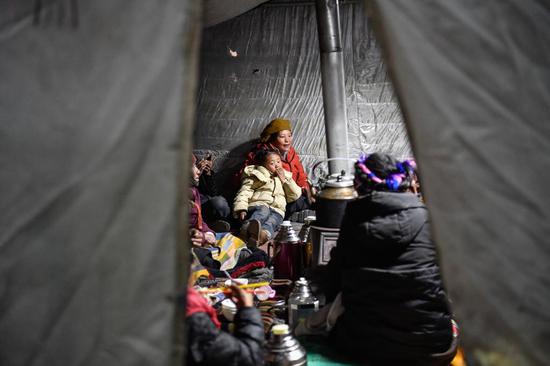














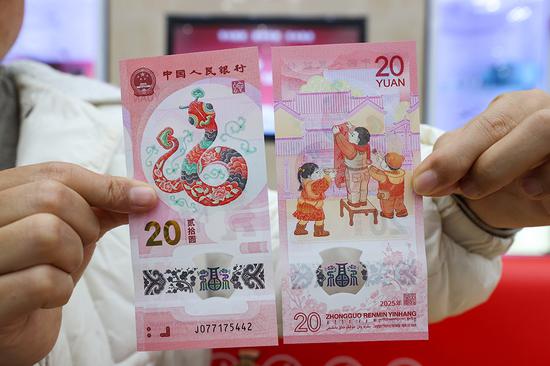

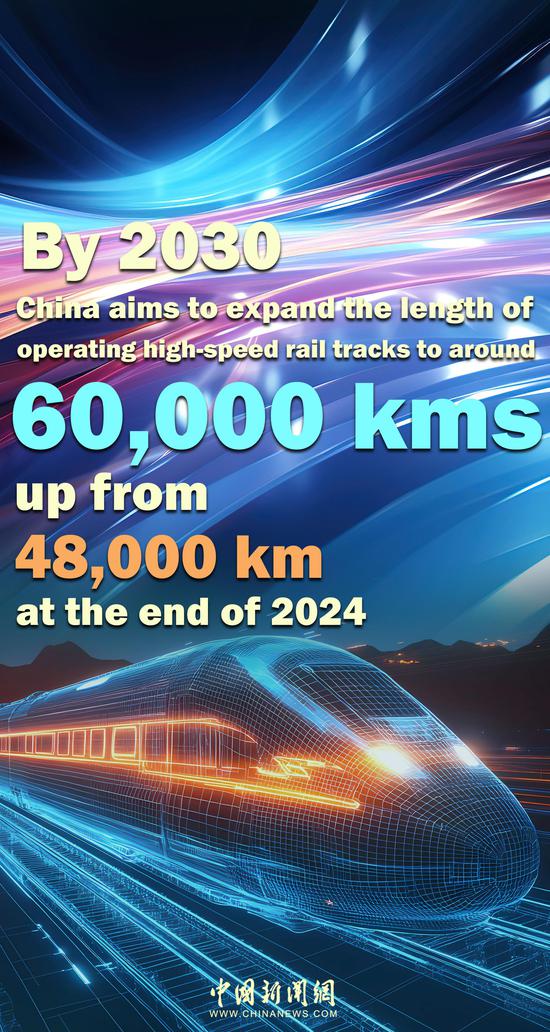
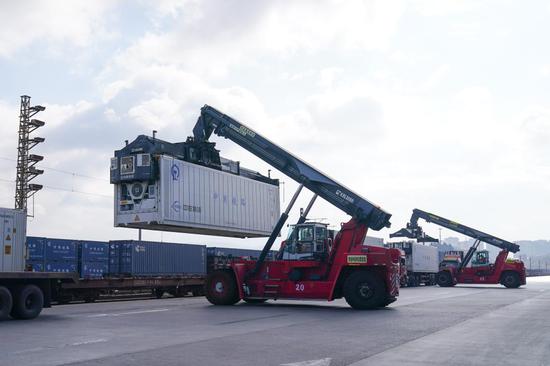












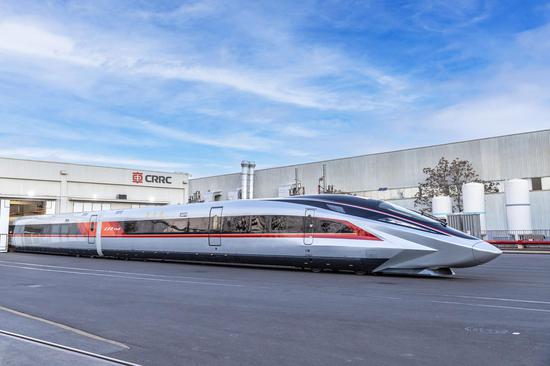
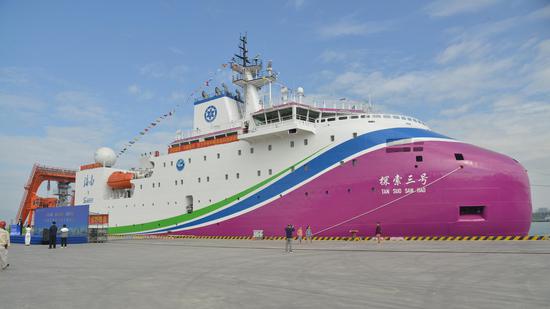


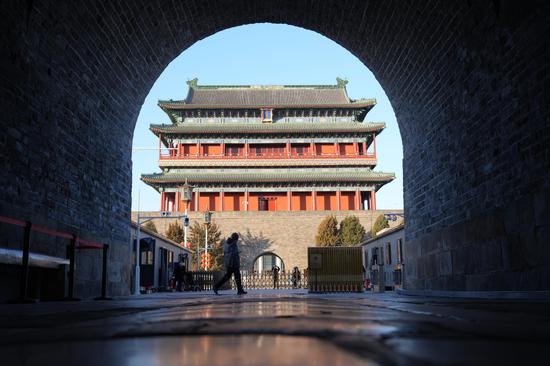






 京公网安备 11010202009201号
京公网安备 11010202009201号